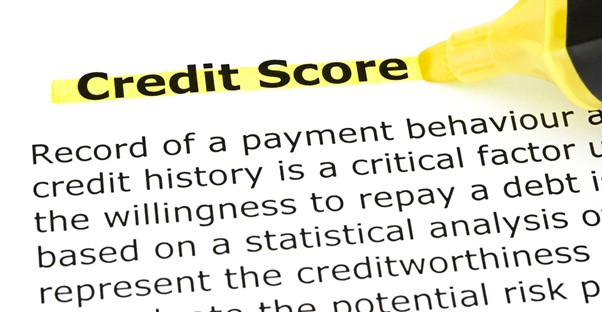What is the Fair Credit Reporting Act?

The Fair Credit Reporting Act is a federal law that creates rights and protections for consumers. It ensures fairness, accuracy, and sound practices in the collection and use of credit reports and other personal financial information.
An Explanation of the Law
The Congress has amended the law many times since its enactment in 1970 to make the law stronger and more effective in light of technological advances. Joined by the Fair Debt Collection Act, the two laws constitute a potentially powerful set of consumer credit rights and protections. Enforced by the Federal Trade Commission, the Fair Credit Reporting Act also provided for a right of private legal action to enforce its provisions.
The law resulted from Congressional findings of widespread abuses in credit reporting. Public outcry against excesses and consumer powerlessness led to the passage of the Fair Credit Reporting Act. The policies stemmed from a realization that credit plays a vital role in American life. Decisions weighted on personal credit are part of a background number of factors that tend to establish economic limitations for individuals and families. Credit is connected to spending power, insurance, and substantial purchases such as homes and cars. Credit is essential to building personal financial security. Moreover, privacy and accuracy are vital to fairness. Prior to the law, consumers were powerless to see the content of their reports or to ensure their accuracy. They were not able to control access to their reports.
What Does It Do for Consumers?
After the Fair Credit Reporting Act, the credit reporting industry became more transparent, more conscious of accuracy, and less intrusive. The right to sue for wrongs along with rights to access to records gave the consumer a strong footing. Finally, they could know what was in their credit files, challenge errors, seek to change wrong or erroneous data, and sue credit-reporting agencies for willful and negligent misconduct. Because of the law, credit reporting agencies have an express legal obligation to enforce ethical practices, attempt to make accurate compilations and purge records that are old, out of date, or in error.
Consumers have some fundamental rights under the Fair Credit Reporting Act. They have a right to know what is in their reports and to receive a free copy. Only authorized parties may have access to the information. Credit reporting agencies may only provide credit information to authorized users. If consumers detect errors, they can demand corrective actions. Credit reporting agencies must expunge negative information after a time limit.
However, the act only guarantees a consumer’s right to know. Beyond that, it provides tools that the consumer can use to enforce rights under the law. While the FRCA, as amended, grants rights to accuracy, privacy, and access to credit information, the consumer must act to make them meaningful. The consumer can get a copy of the report and dispute any inaccuracies. The Credit reporting Agency must investigate the disputed information and provide notice of the outcome. The enforcement of rights still falls to the individual, for the rules are not self-enforcing. As a practical matter, no one has a greater interest in the contents of credit files than the individual consumer does.








